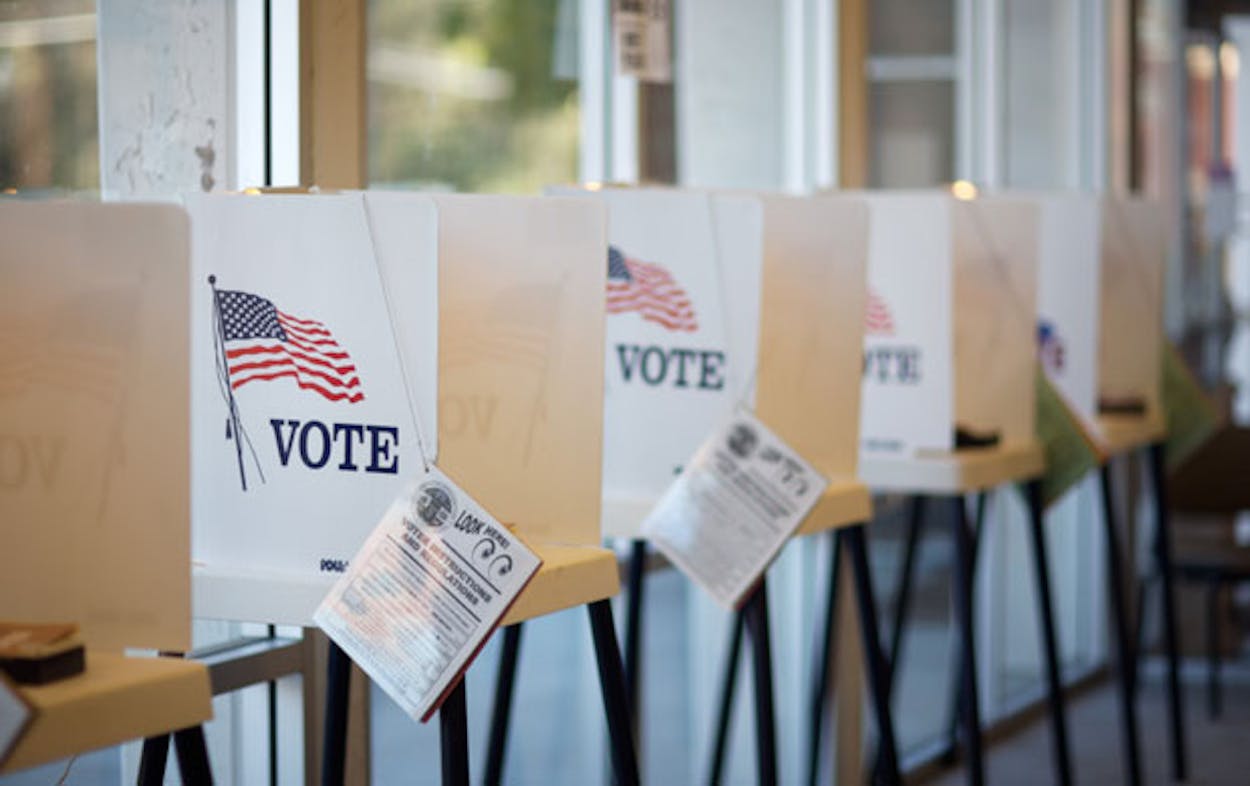“But moooom, I don’t want to hold a runoff election!” The “mom” in this case would be the Secretary of State, and the children would be Oldham and Sterling counties, which opted not to hold runoff elections on July 31, despite holding primary elections in May.
This, as the Texas Tribune‘s Ryan Murphy and Aman Batheja pointed out, violated Texas’s election code:
By initially holding the primary, the parties were required to follow through and host runoffs, said Rich Parsons, a spokesman for the Secretary of State.
The Secretary of State’s office became aware of the possible violation before the runoff and tried to address it, he said.
“As I understand it, attempts were made to contact party officials in both counties to advise them that they were required under the election code to hold runoffs,” Parsons said. Those attempts were unsuccessful, he said.
A rural county in the Panhandle with 2,052 residents, Oldham County has held runoff elections in “several years,” County Clerk Becky Groneman told the Tribune. “The last time we had one, two people voted.”
Some 1,259 people live in Sterling County, which is located northwest of San Angelo, and 327 people—twelve of whom were Democrats—voted in the May primaries.
But, it is not terribly uncommon for counties to not hold primaries. Only local party chairs can conduct elections, and when no one occupies that position, a county must go without. This year, Republicans held primaries in all of the state’s 254 counties, but Democrats had them in only 241 counties, Murphy and Batheja reported.
“It’s an unfortunate situation that is not as unusual as people might think,” Democratic party spokeswoman Rebecca Acuña told the Tribune.







